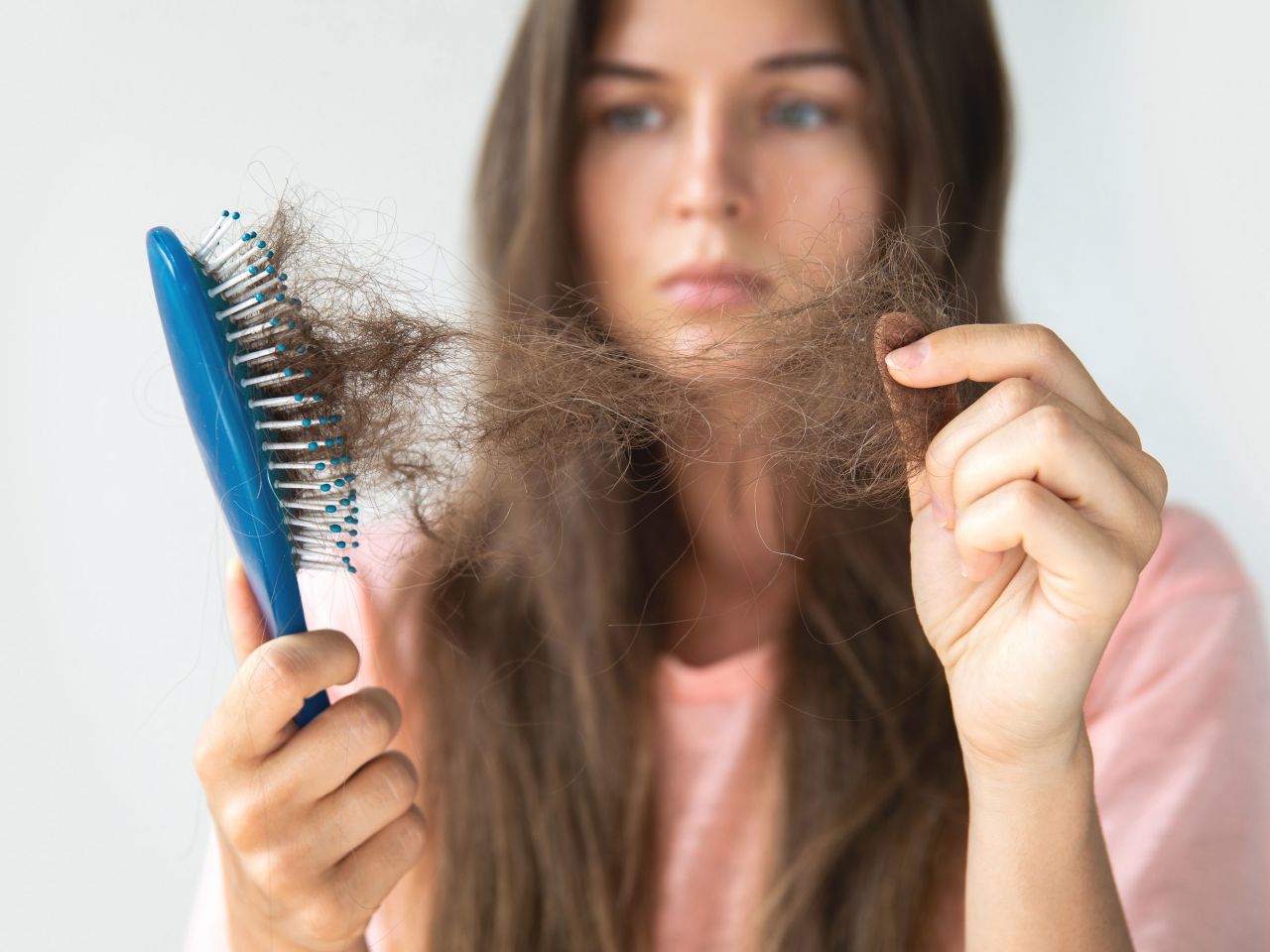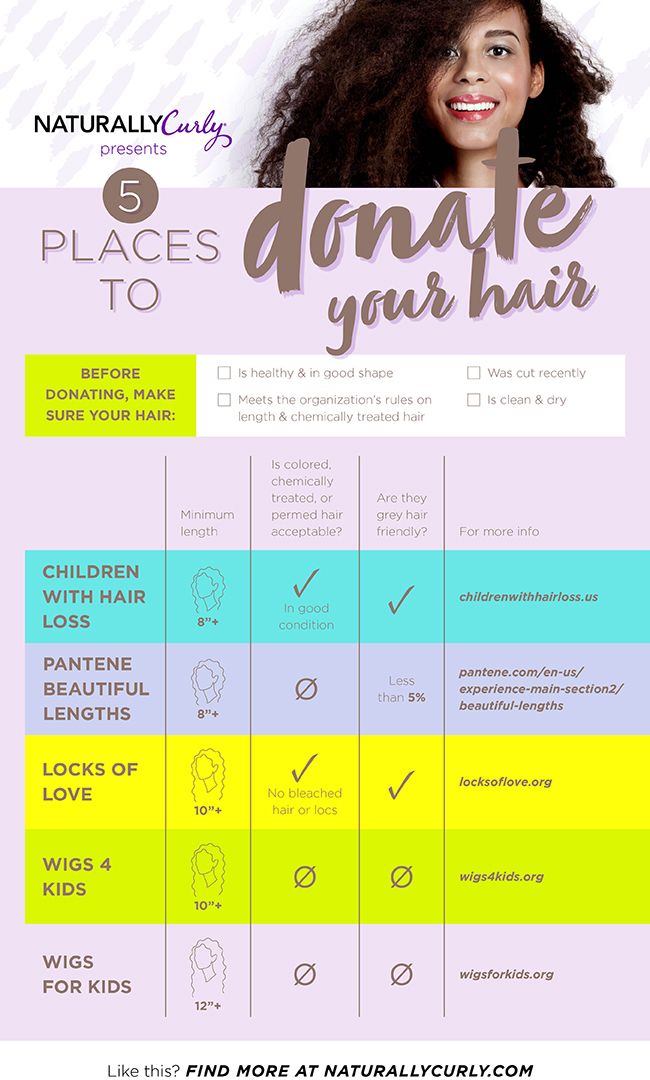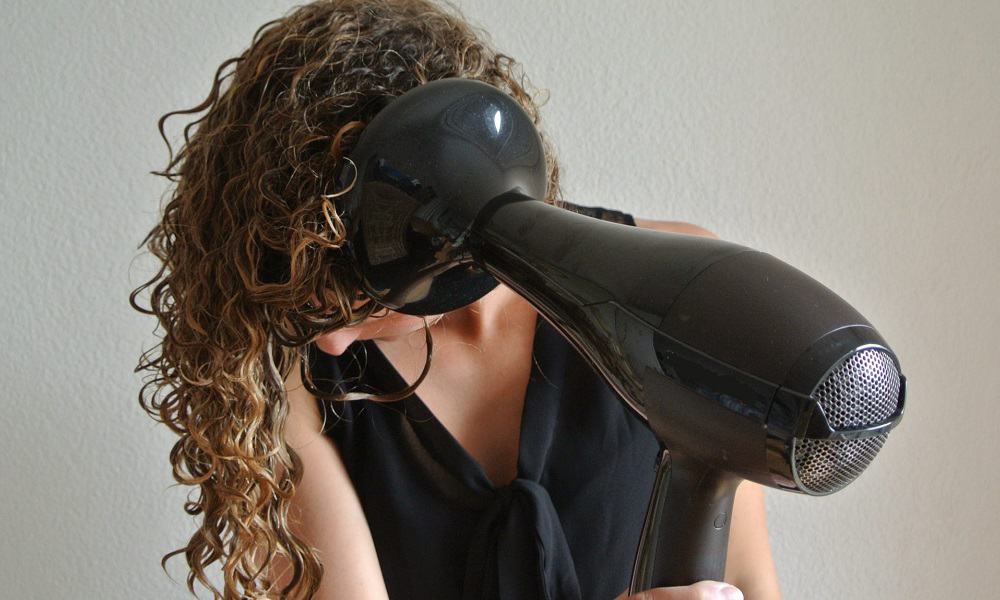Table Of Content

We are in the midst of a mental and physical health crisis with ongoing serious consequences on our minds and bodies. This type of stress can cause unexpected mood swings, anxiety, tension, anger, and withdrawal. If you lose significant hair, it’s important to protect your scalp.
Addressing shortfalls through diet and supplements: Does it help hair growth?
“In the future, the Gas6 pathway could be exploited for its potential in activating stem cells to promote hair growth,” says first author Dr. Sekyu Choi of Harvard University. However, further study is needed to understand whether the same mechanism is at work in people. Not all researchers agree that spironolactone works, and the FDA has not endorsed it as a treatment for androgenic alopecia.
What other common types of hair loss are there?
Some types of hair loss are permanent, especially if you have damage to your hair follicles. For example, anagen and telogen shedding may stop with time. Managing any underlying health conditions improves hair loss.
Does stress-related hair loss grow back?
They will be able to determine the best treatment plan for you, which may include prescription medication. If stress and anxiety are plaguing you, they may refer you to a psychotherapist or psychiatrist to help you work through the underlying causes of stress and develop healthy coping strategies. Trichotillomania is when you pull your hair out due to stress.

Alopecia areata affects up to 6.8 million people in the U.S. If you have a deficiency, your doctor may suggest multivitamins or supplements like iron and biotin. They may interact with other medications or supplements you take. Your doctor gently scrapes skin samples from your scalp and sends them to a lab for testing. Looking at your scalp lets your doctor check for any infections or swelling and see where your hair’s falling out.
Further studies revealed that corticosterone prevented the dermal papilla from secreting GAS6, a molecule they showed can activate hair follicle stem cells. Delivering GAS6 into the skin restored hair growth in mice fed corticosterone or undergoing chronic stress. If you start suddenly losing abnormal amounts of hair three to four months after a particularly stressful event, you're likely experiencing telogen effluvium. But take heart in knowing that this is temporary and will most likely improve on its own with some time. Telogen effluvium is a type of temporary hair loss that occurs when a large number of hair follicles enter the resting phase of the hair growth cycle prematurely. Baldness is often hereditary, and is activated by a shift in your hormones.
Did you know you can get affordable primary care with the K Health app? Download K Health to check your symptoms, explore conditions and treatments, and if needed text with a clinician in minutes. K Health’s AI-powered app based on 20 years of clinical data. Your hair can regain its usual fullness 6 to 9 months after childbirth. Most people lose anywhere from 50 to 100 strands of hair each day, according to the American Academy of Dermatology.
The good news here is that, most often, after this sudden shedding, the hair growth cycle will normalize, and your hair will eventually grow back normally, says Gaunitz. That's so long as there are no other types of underlying hormonal, genetic, or nutritional factors at play, he notes. In men, this is known as male pattern baldness; in women, female pattern baldness. This type of hair loss is really common, probably affecting 50% of men over 50, and 40% of women over 50. In most cases, healthcare providers take a wait-and-see approach with telogen effluvium, as hair loss often stops on its own after several weeks or months. While hair will usually start to grow back over time, healthcare providers may recommend the over-the-counter topical medication minoxidil to encourage regrowth.
Telogen hairs may fall out at a faster rate and the anagen period may shorten, causing hairs to fall out more frequently. A woman with telogen effluvium may lose up to 70% of the hairs on her scalp due to the impact of stress. Topical minoxidil can also help stimulate hair regrowth and promote healthier follicles, Dr. Mitchell adds. Before trying it, though, she recommends enlisting the help of a dermatologist, who can determine which concentration and dosage is right for you. Friction-induced folliculitis might require nothing more than laying off the hairstyling practice that triggered it until you’re fully healed.
Try to find out everything you can about hair loss and the treatment options available to you. It can take the form of "thinning" or involve a total loss of hair. It can be gradual or sudden; it can affect the old and the young.
If you’re experiencing hair loss, it may be caused by stress. Your healthcare provider will also ask you about your diet and recent medical history. They may identify a dietary cause or a stress or illness that occurred about three months before you noticed hair loss. In many cases, someone with telogen effluvium has fully recovered from a stressor or illness and doesn’t see a connection between it and their hair loss.
Mayo Clinic Minute: Expert advice for women with thinning hair - Mayo Clinic
Mayo Clinic Minute: Expert advice for women with thinning hair.
Posted: Sun, 28 Jan 2024 08:00:00 GMT [source]
This is particularly the case with telogen effluvium, which normally resolves within six to nine months. “Over time, the constant pulling damages the hair follicles, leading to thinning or bald patches, especially around the hairline or where the hair is pulled tightly. Singer Paloma Faith, 42, is the latest celebrity to open up about female hair loss, revealing that her condition is caused primarily by stress. The London born songwriter and actress joins a long list of women, including Ashley Graham and Jada Pinkett-Smith, who have spoken candidly about their hair loss journey. Understanding the underlying cause of your hair loss is absolutely necessary in determining the best approach to halt and reverse any further damage to your hair and scalp.
Any type of hair thinning can feel particularly worrying, especially if the reason behind it is unknown, therefore it’s important to understand what might be causing the issue. Dr Bhavini Shah from LloydsPharmacy Online Doctor explains eight possible causes of thinning hair in women. You can soothe any tender areas by applying a topical corticosteroid lotion or ointment to your scalp, which acts as an anti-inflammatory, Dr. Lo Sicco says. Hydrocortisone 1% is available over-the-counter—anything stronger requires a prescription. For symptoms of extreme inflammation, including stinging and acne-like bumps around the base of the hair, it’s a good idea to see a dermatologist. Depending on the severity, they may recommend corticosteroid injections for additional relief, she adds.

During growth, stem cells divide to become new cells that regenerate hair. Until now, researchers hadn’t determined exactly how chronic stress impaired hair follicle stem cells. 'Menopause-related hair loss in women, often due to hormonal changes, manifests as thinning or shedding. Treatments include hormone replacement therapy (HRT) to restore hormonal balance, minoxidil to promote hair growth, and supplements like biotin and iron to support hair health. Additionally, lifestyle changes and stress management can help mitigate hair loss symptoms,' says Dr. Balwi. ‘Telogen effluvium is a type of hair loss resulting from the disruption of the hair growth phase.
In a typical person’s scalp, 85% of hair is anagen, while 15% is telogen. Some stressors induce 70% of anagen hair into telogen, leading to hair loss. If you notice sudden or patchy hair loss or more than usual hair loss when combing or washing your hair, talk to your health care provider. Sudden hair loss can signal an underlying medical condition that requires treatment. If needed, your health care provider might also suggest treatment options for your hair loss.














